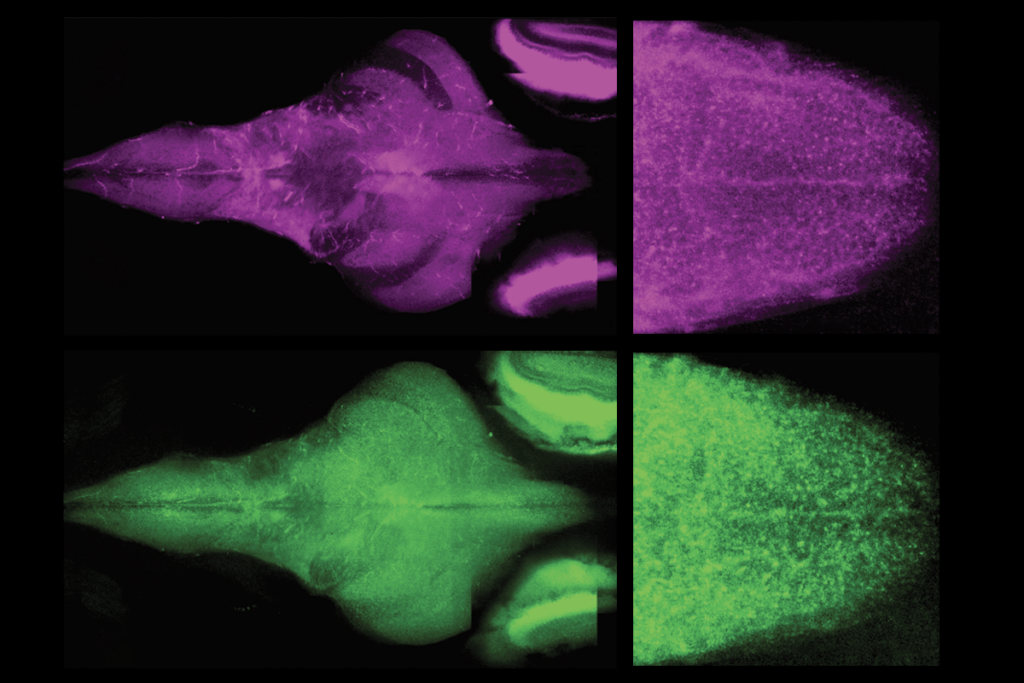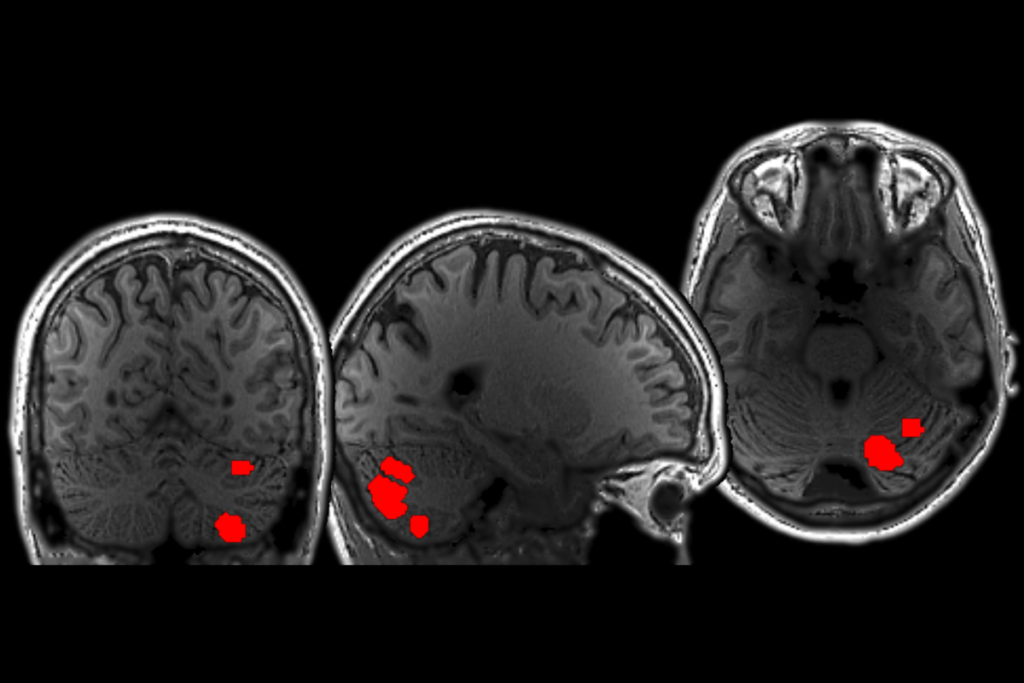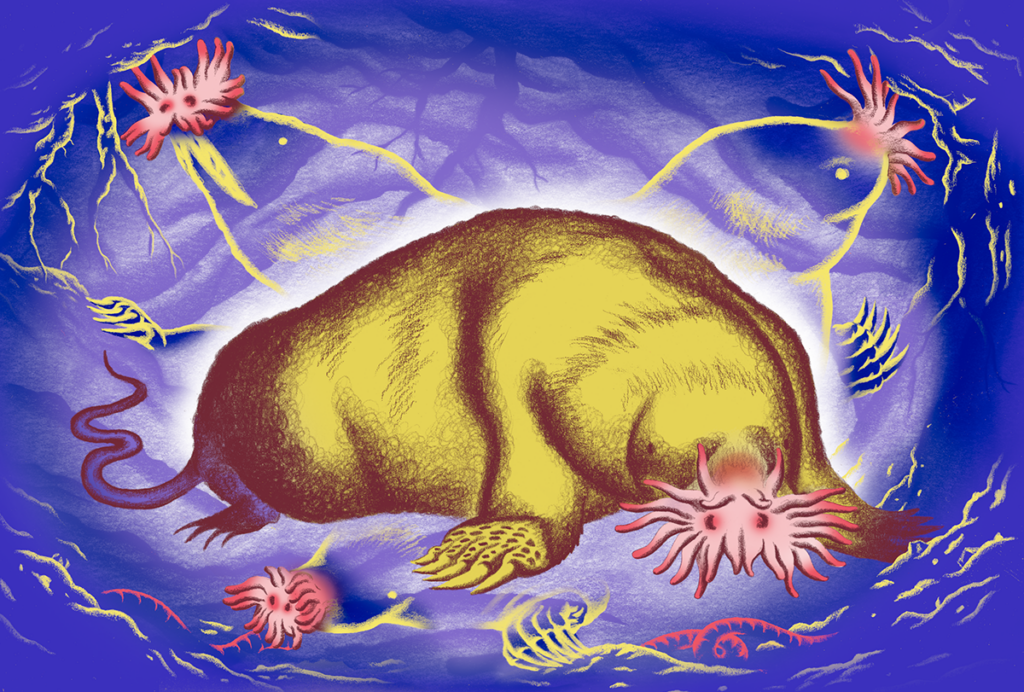Genetics: Multiple hits affect key pathways in autism
Individuals with autism have multiple mutations in a pathway that functions in the mitochondria, the energy center of the cell, according to a study published 27 April in the European Journal of Human Genetics. They also have higher-than-average numbers of variants in pathways involved in metabolism, gene expression and the regulation of cell division.
Individuals with autism have multiple mutations in a pathway that functions in the mitochondria, the energy center of the cell, according to a study published 27 April in the European Journal of Human Genetics. They also have higher-than-average numbers of variants in pathways involved in metabolism, gene expression and the regulation of cell division1.
Studies published in the past few years have linked a long list of genes to autism, but none of these are present in more than a small fraction of people with the disorder. Many autism-associated variants are also present in the general population and in healthy siblings of children with autism.
One explanation for this genetic complexity is that multiple mutations may combine to increase the risk of developing the disorder. Many teams are trying to find biological pathways that could sustain hits from multiple variants.
In the new study, researchers identified genetic variants in 1,248 families that have at least one member with autism from the Autism Genome Project, and confirmed these results in another 874 families from the project. They divided these families into four subgroups: a sampling of the entire project, only those of European descent, people with idiopathic autism, and those with a broader autism spectrum diagnosis, such as Asperger syndrome.
The researchers confirmed 88 biological pathways with up to three times as many variants as would be expected based on chance alone.
Of these pathways, four are independently associated with all the subgroups. Specifically, the researchers identified 589 variants in 39 genes involved in pyruvate metabolism, a key process in energy production in the mitochondria. The cells of children with autism have lower levels of a component of the pyruvate pathway compared with controls.
The researchers also identified 37 variants in 3 genes involved in zinc transcriptional activation, which regulates the expression of other genes. The other two pathways are involved in MAPK signaling, which regulates the cell’s response to stress.
References:
-
Anney R.J. et al. Eur. J. Hum. Genet. Epub ahead of print (2011) PubMed
Recommended reading

Largest leucovorin-autism trial retracted

Pangenomic approaches to the genetics of autism, and more

Latest iteration of U.S. federal autism committee comes under fire
Explore more from The Transmitter

Cerebellum responds to language like cortical areas

Neuro’s ark: Understanding fast foraging with star-nosed moles
